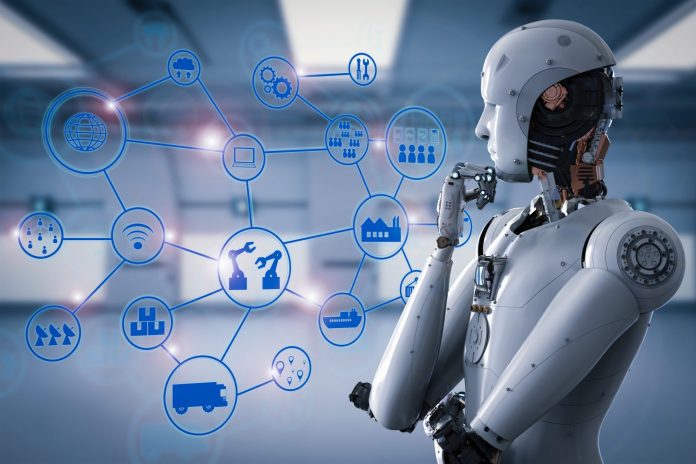An interesting story came out of Bloomberg recently. Said report claimed that an employee who spent four years delivering packages for Amazon, as a contract driver in Phoenix, Arizona, suddenly received the pink slip. It wasn’t the sacking that was sudden but the process.
The driver received an automated e-mail informing him that his services had been terminated. A bot following an algorithm had decided to fire a human being. This may be quite acceptable given that Jeff Bezos, chief executive officer of Amazon, believes that machines make more accurate decisions than humans because they are devoid of bias. However, what could be a reason for alarm is the dependency on tech to carry out key functions, such as termination of a contract which is expected to be done personally.
How Feasible is it?
Use of artificial intelligence and machine learning approach in the first stages of hiring isn’t uncommon. Many organisations indulge in early sieving of CVs with the use of a set algorithms to narrow down their searches. However, giving machines the power to take critical, high-risk decisions, such as analysing set parameters to conclude whether or not to keep someone at a job can be detrimental.
In an Interview with HR Katha, Rajesh Balaji, CHRO of Matrimony.com, claims that he is confident confident that such a system will take at least a couple of decades to be widely accepted in India. He, however, does not rule out the possibility completely, because the bot is just executing the decision of the organisation. He also suggests how it can be made a lot more compassionate despite being a mechanical process.
“An adequate ecosystem needs to be created for people to be made aware beforehand that they will be fired, and the bot will just execute it. The message should not come as a surprise. The concerned employees should be provided a warning about them being in the red. One more mistake and the person is fired. So, if adequate filters are put in place, then it will not matter whether it is a bot or a human at the other end,” Balaji explains.
He also points out that such things mostly occur at the entry level because as the pyramid goes up, the sensitivity of roles and situations become much more complicated.
According to the interview, the reason why he thinks such a process will take some decades to enter India is that currently there’s no integrated system for the same, but perhaps, one day, there will be. He also speaks of the nudge technology — apps on phones that nudge people to meet deadlines without annoying or angering them.
“There is no question of being offended because there’s no individual emotion there. Therefore, it is all about creating a technological ecosystem, which will prepare people to expect a termination from a bot,” suggests Balaji.
Firing of a person by a bot can come as a shock to many, and understandably so. When dealing with people, one has to keep in mind human emotions and empathy.




















